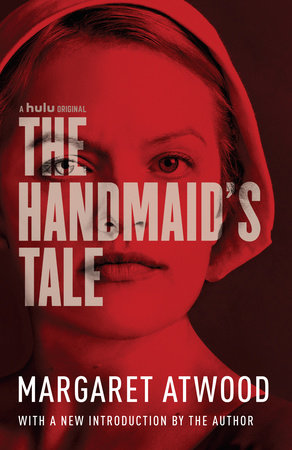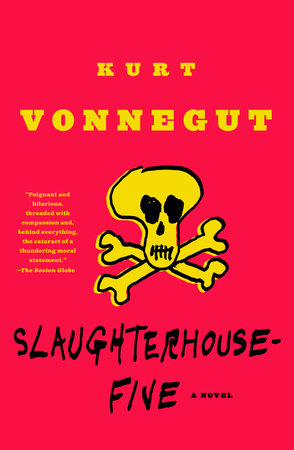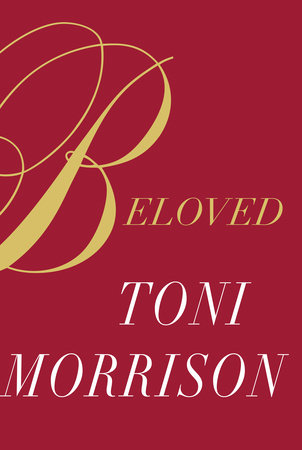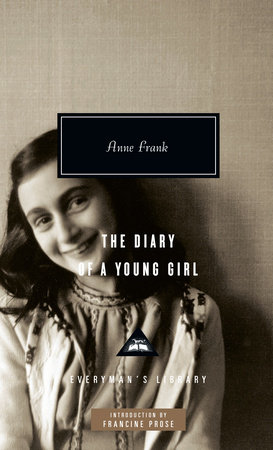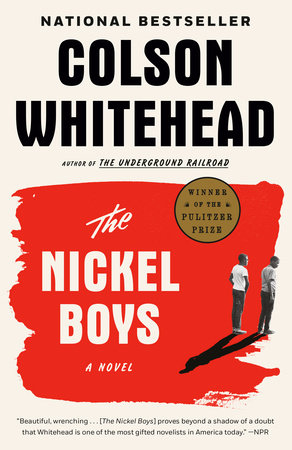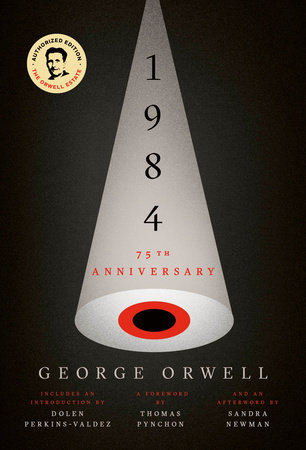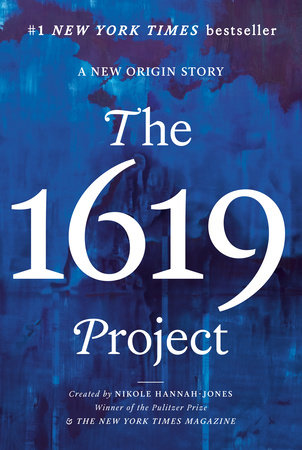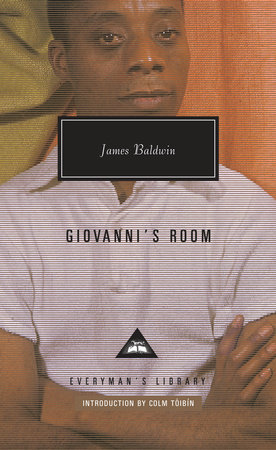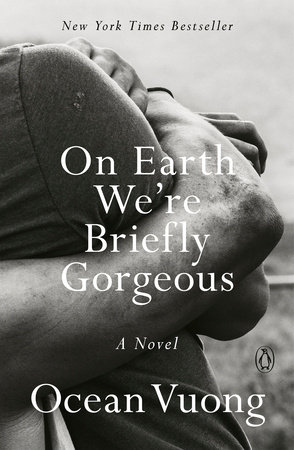An Interview with Margaret Atwood on her novel The Handmaid’s Tale
Was there any special research involved in writing The Handmaid’s Tale?
I clipped articles out of newspapers. I now have a large clippings file of stories supporting the contentions in the book. In other words, there isn’t anything in the book not based on something that has already happened in history or in another country, or for which actual supporting documentation is not already available.
It’s hard to pin down a genre for this novel. Is it science fiction?
No, it certainly isn’t science fiction. Science fiction is filled with Martians and space travel to other planets, and things like that. That isn’t this book at all. The Handmaid’s Tale is speculative fiction in the genre of Brave New World and Nineteen Eighty-Four. Nineteen Eighty-Four was written not as science fiction but as an extrapolation of life in 1948. So, too, The Handmaid’s Tale is a slight twist on the society we have now.
You seem to see a role for the novel beyond entertainment.
I was once a graduate student in Victorian literature and I believe as the Victorian novelists did, that a novel isn’t simply a vehicle for private expression, but that it also exists for social examination. I firmly believe this.
What are we to learn from The Handmaid’s Tale?
This is a book about what happens when certain casually held attitudes about women are taken to their logical conclusions. For example, I explore a number of conservative opinions still held by many — such as a woman’s place is in the home. And also certain feminist pronouncements — women prefer the company of other women, for example. Take these beliefs to their logical ends and see what happens. As a writer, you can choose to create a mainstream novel in which these issues appear only as the characters discuss them sitting around the kitchen table. But I decided to take these positions and dramatize them, carry them to their furthest logical conclusions.
How would the creation of your imagined republic of Gilead be possible?
First of all, ask yourself the following question: If you were going to take over the United States, how would you do it? Would you say, “I’m a socialist and we’re all going to be equal”? No, you would not, because it wouldn’t work. Would you say, “I’m a liberal and we are going to have a society of multiple toleration”? You probably wouldn’t say that if you wanted mass support. You would be much more likely to say, “I have the word from God and this is the way we should run things.” That probably would have more of a chance of working, and in fact there are a number of movements in the States saying just that, and getting lots of dollars and influence. The society in The Handmaid’s Tale is a throwback to the early Puritans whom I studied extensively at Harvard under Perry Miller, to whom the book is dedicated. The early Puritans came to America not for religious freedom, as we were taught in grade school, but to set up a society that would be a theocracy (like Iran) ruled by religious leaders, and monolithic, that is, a society that would not tolerate dissent within itself. They were being persecuted in England for being Puritans, but then they went to the United States and promptly began persecuting anyone who wasn’t a Puritan. My book reflects the form and style of the early Puritan society and addresses the dynamics that bring about such a situation.
Why the intense focus on fertility in Gilead?
In a society in which the birthrate plummets below replacement, that body of people will be forced to determine whether or not it will simply slide gently into oblivion and vanish from the face of the earth. (One theory is that there will be no Germans by he year 2020 because their birthrate is so low; Germany is going to be Turkish.) Scandinavian countries are now below replacement, as is Romania. What does a society do at this point? Either it accepts the situation or it puts into existence conditions that will increase the number of births.
So in Gilead this process is taken to what you see as a logical conclusion?
Yes. It is a society in which you have a sort of “farming” of women. Parallel to that, you have to realize that male sterility is on the increase and so are spontaneous miscarriages and birth defects. How could this be? It’s because we are pouring about 300,000 different chemicals into our water and drinking it. Plus, of course, there’s a great deal of radiation. They’ve found PCBs in polar bears and they are worried about the future of the polar bear species because PCBs build up in their systems and produce male sterility. So fertility in Gilead is at a premium. Fertile women, women who can reproduce, are prize objects for those in power. And as is the case in which prize objects are Cadillacs and you want to have as many Cadillacs as you possibly can, so too when the prize objects are fertile women, then you want to have as many fertile women as possible. Thus in Gilead we return to biblical polygamy.
Are there some good things about Gilead?
Yes. Women aren’t whistled at on the street, men don’t come climbing in the window in the middle of the night. women are “protected.” Sardonically speaking, in totalitarian countries the streets are much safer, for the most part.
It seems that within this frightening world certain parts of the feminist revolution have survived. Is that true?
No power structure can institute total serfdom (unless they kill off most of the people” without giving a few “perks.” If you were to go back and study what the Germans did during World War II, you would see that what they did was move into another country and find a group of people willing to help them out. They would develop a little army of Ukranians in Ukraine, Poles in Poland, etc. Any imperial power does the same thing; the British in India developed terrific regiments made up of Indians. And so, in Gilead, we have troops of women.
But wouldn’t there be violent resistance against a system such as Gilead?
Yes, of course we would have resistance. After all, this is the United States and it is North America and it is a pluralistic society and we have many people with differing points of view. A number of people would not take this lying down.
The way the reader comes into The Handmaid’s Tale is through a diary or a journal, memories rescued and viewed from a time in the future. The curtain is drawn back slowly. Why did you choose to write it that way?
What I’ve written is only the view of one woman who lives in that society. I reveal Gilead through the eyes of that one woman. It would be cheating to show the reader more than the character has access to. Her information is limited. In fact, her lack of information is part of the nightmare.
We can figure out that the main character lives in Cambridge, Massachusetts. As a Canadian, can you explain why Canada didn’t take more people who were trying to escape from Gilead in their “underground railroad”?
Canada’s role in this novel is the role Canada has always taken in bad times in the States. Before the civil War, Canada was at the top of the underground railroad. If you made it into Canada, you were safe unless someone came and hauled you back. That was also true during the Vietnam War for draft resisters. For the most part, if a resister did make it to Canada, he was safe — but there were some Canadians who did collaborate in hauling people back across the border. So Canada’s position would be to do what she always does: try to remain neutral without antagonizing the superpower to the south.
